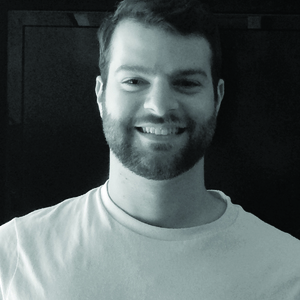DiBona: Film, television struggle to portray holistic college stories
College might only last a few years for most, but it’s still inspired filmmakers and TV producers to try and replicate those years on the screen.
Many have tried to create a holistic portrayal of college through fiction. We’ve all seen a handful of movies and maybe even a television show that tries to completely capture an experience that’s so different for people, yet there seems to be no consensus on one movie that managed to do it perfectly.
This lapse in storytelling stems from the fact that the college experience is an ever-changing story.
While film has been the medium through which most college stories are told, it is actually pretty poorly suited for the job because filmmakers tend to stick to textbook methods of storytelling. These films primarily focus on one main character, which severely limits their ability to tell a comprehensive story about college because no one main character will be relatable to everyone.
For this reason, it’s telling that the most universally beloved college movies tend to be outlandish films remembered more for specific scenes than the arc of their characters. Everyone loves “Animal House,” but whose great memories of that movie include the evolution of John Belushi’s character?
What’s remembered are moments like the party scenes, things that almost everybody has done, or at least seen, and can relate to in some way. But the gap here is that these small, scattered events don’t make up the entirety of an experience any more than picking a few days at random from one’s life would encompass it.
It’s odd that television shows about college are such a rarity because they would thrive where film falls short in making this connection with the audience. These shows have the means to follow several separate characters and storylines. With the ability to offer viewers a number of vastly different and developed personal story arcs, more types of college experiences can be fully portrayed, and still be brought together in the end into one narrative.
But you can count on both hands the number of college TV shows that didn’t start with their characters in high school and move forward, i.e. “Boy Meets World.” The problem with these productions is that their success is so predicated on how they captured high school, meaning “the college years” are really just the same as the high school years, but with different sets in the background.
The productions that best capture college are those that branch out from typical conventions and use an ensemble cast to tell the story, as seen in the 2002 cult classic “The Rules of Attraction.” The film utilized three main characters with such distinct points of view that they will often all see the same exact event, but observe it very differently. While not everyone will relate to the specific plot, what’s more important is how the film conceptually captures the college experience in its structure in expressing that college is simply different for everyone.
There are so many diverse college experiences that a movie that wholly portrayed “college” would have an infinite running time. However, these productions do have the potential to express the concept that the one thing that defines college is variety of experience.
Mark DiBona is a senior television, radio and film major. His column appears weekly. He can be reached at mdibona@syr.edu and followed on Twitter @NoPartyNoDisco.
Published on August 25, 2015 at 11:57 pm






